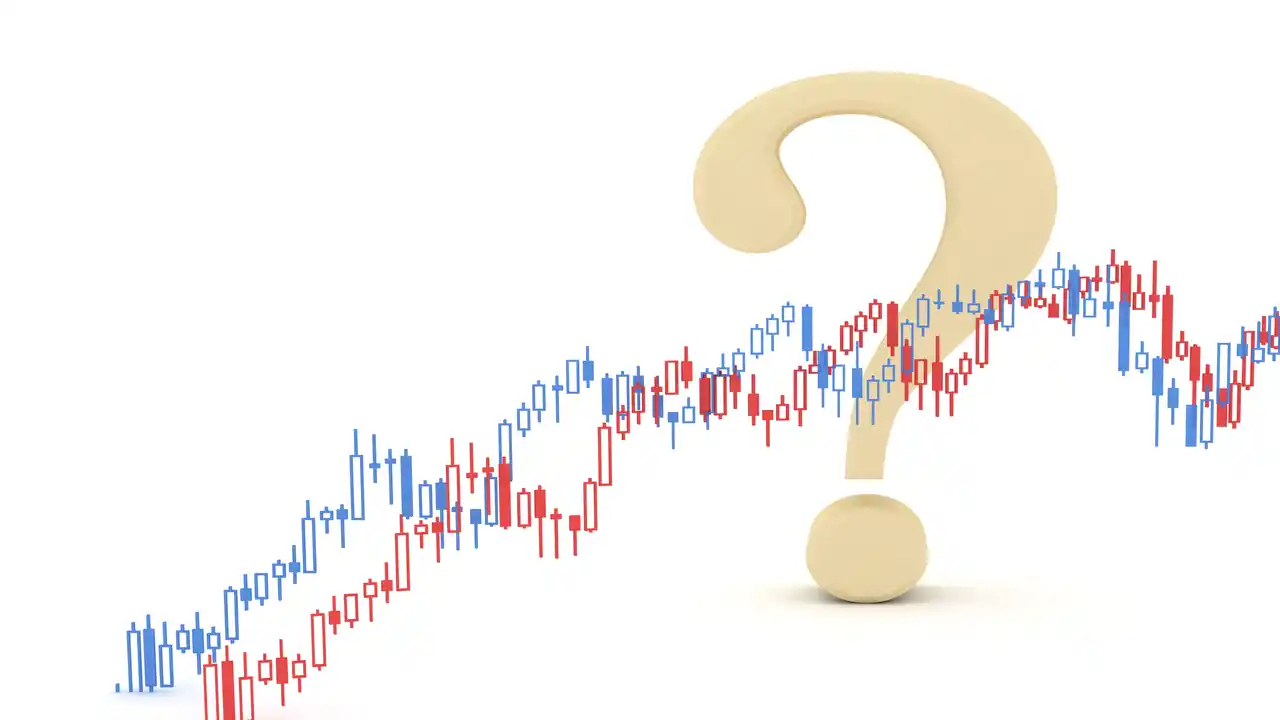A “financial market” is a place where financial products are sold. Assets include stocks, derivatives, bonds, and other financial instruments. Financial markets connect buyers and sellers, ensuring the smooth operation of capitalist economies. The classification of financial markets will be covered in-depth in this article, along with some examples for your convenience.
People with extra money can use financial markets to give it to businesspeople. As a result, many financial market tools are available. This page lists the most popular items in a nutshell. This section looks at a distinct type of financial market classification.
Classification of Financial Markets
The financial market is primarily where people buy and sell products, or trade. There, merchants can purchase and sell financial instruments and securities. Stocks, bonds, business documents, bills, debentures, and cheques are examples of securities. Asset pricing in diverse markets is determined by market dynamics. Physical addresses for financial markets may or may not exist. Investors can buy and sell assets over the phone or online. The classification of financial markets include:
Second Hand Market
Financial securities issued on the main market are exchanged over-the-counter or on secondary market exchanges. Also, David purchased 100 ABC Inc. first public offering (IPO) shares. David decided to profitably sell 50 shares. He is unable to sell these shares back to ABC Inc., therefore he must find a secondary market trader to purchase them. How secondary markets function. Holders of securities can sell them on the secondary market. As a result, it connects merchants and customers. As a result, the secondary market determines security prices based on demand and supply. Non-market participants enter into Over-the-Counter (OTC) arrangements. An exchange traded contract is one that is exchanged on a recognized exchange.
Fair Play
On the equity market, company shares are often traded on stock exchanges. Every economy need it since it provides investors with a stake in businesses in exchange for cash. Because incentives are based on corporate success, this market has both high risks and big profits.
The Money Market
Money market investors deal with short-term financial assets. Commercial paper, Treasury bills, CDs, and other assets can trade on this market. Because of their short maturity, these securities provide investors with a good return while posing little risk. Governments, banks, and enterprises can use money markets to invest short-term surpluses or bridge liquidity gaps.
Market for Derivatives
On the futures market, investors exchange derivatives. Also,the principal asset could be stocks, bonds, mortgages, commodities, interest rates, or even the weather. The derivative determines its value. Derivatives can sell over-the-counter or on an exchange.
Money Market
Foreign exchange, or currency, markets let people all around the world to trade currencies without going via a central bank. This financial market serves as a global trade center. We are always doing business here. However, banks, pension funds, hedge funds, investors, and businesses dominate this industry.
Main Market
In the main market, a firm sells its first securities or new securities. The corporation and its owners do business. The corporation also receives funds from IPO investors. There are two basic product kinds in the primary market: IPO and FPO.
Money Market
On this market, live transactions are taking place. As a result, investors must pay the entire investment amount, either with their own funds or by borrowing the “margin” permitted on the account’s present holdings.
Market for Debt
Companies (borrowers) sell bonds to lenders on the debt market (bond market). Bond issuers guarantee regular interest and capital repayment when the debt matures. This market exchanges or trades debt stocks “over-the-counter.”
Market for Capital
The capital market trades medium- and long-term financial products with maturities of more than a year. This market is ideal for buying and selling money, as well as providing financing for a variety of businesses. The majority of transactions in this market are bonds, notes, and stocks. The capital market encompasses the previously mentioned primary and secondary markets.
Futures Market
This market has later deliveries or stock settlements. As a result, most transactions in these locations are settled in cash rather than in delivery. Capability to trade futures. Trading, on the other hand, necessitates a margin equal to a percentage of the object’s value.
FAQ
What Three Things do Financial Markets do Best?
The primary financial markets we will discuss include stocks, foreign exchange, and money markets. Most stock market functions require all three. Following that, we’ll look at the bond, commodity, and derivatives markets.
What Would Happen if there wasn’t a Market for Money?
The income gap between rich and poor would undoubtedly narrow if the stock market disappeared. A country without a stock exchange would have fewer megacorporations and greater income equality, but its economy would be weaker.
What does a Great Stock Market Look Like?
A perfect market cannot have difficulties since that would prevent the best pricing from being obtained. Here are some examples of perfect market architecture: There are a lot of buyers. There are several sellers. The same products.
Conclusion
In recent years, financial markets have expanded in importance to economies. It provides money for businesses and tremendous chances for investors. Financial markets help to keep costs stable, investors safe, and cash flowing. Because this is such an important topic, this article will provide you with some options for categorizing financial markets. When performing various business tasks, keep in mind that classification of financial markets plays an important role in the overall process. To delve deeper into the topic of purpose of financial management, read further.






